Have you ever experienced a broken heater? No matter what time of year it occurs, it is always not only frustrating but also potentially expensive.
Now that we are heading into the cooler months here in Conroe, it is even more important to test your heater before you experience any heating emergencies.
Today we’ll discuss multiple things that can go wrong with your heating system and what you should do about it to keep your heat working perfectly and your family safe.
How to Identify Problems With Your Thermostat
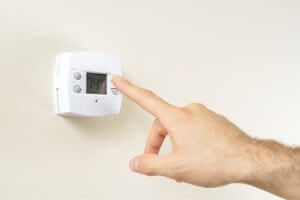
Often, what gets identified as a larger, more expensive problem can be fixed by simply fixing a setting or changing the temperature.
If you’re unsure where your thermostat is located, check your manual or give us a call for assistance. Why spend the money to replace the entire system unnecessarily?
Thermostats can easily get bumped or nudged, or a child can turn it up or down without you knowing. Give it a quick check before seeking more in-depth assistance and your wallet will thank you.
Another option is to purchase a programmable thermostat, which can save you money as it learns your patterns and preferred usage. Our team is always happy to help you decide what would be right for your home.
How to Check Your Circuit Breaker
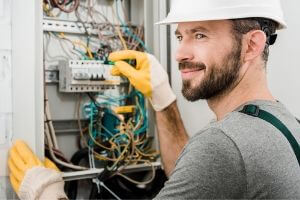
Some of the common signs that you might have an issue with your circuit breaker are that you may notice a burning smell coming from your electrical panel, that it will not stay reset after you do it, or that it obviously looks older. Learning how to identify and reset your circuit breaker is one of the best things you can do to monitor the health of your heating system yourself.
What to do With a Blown Fuse
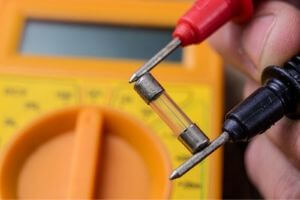
While inspecting your fuse box for a blown fuse, make sure to also check for other signs of problems, including noticeable burns on the front panel, melted wires, and any off-color glass.
If you notice any of those things, please immediately contact us and we will be happy to send someone out to make sure to not only keep your heater working but also to make sure your family stays safe from a potential house fire.
If you have questions about how to check your heater for any of the issues that we’ve discussed today, or if you want to discuss other potential problems with your heating system, contact us here at Easco Air Conditioning and Heating by giving us a call at (936) 539-2653. Don’t put your family at risk, call today!
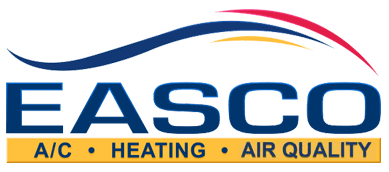


 One of the biggest things that you should do is make sure that you have an upgraded thermostat. This is especially true if you have one of the old ones that you have to set manually.
One of the biggest things that you should do is make sure that you have an upgraded thermostat. This is especially true if you have one of the old ones that you have to set manually. When the weather is cold and dry, and there isn’t a lot of humidity in the air, one thing that you may notice is that you are having issues like dry skin and problems with your sinuses.
When the weather is cold and dry, and there isn’t a lot of humidity in the air, one thing that you may notice is that you are having issues like dry skin and problems with your sinuses.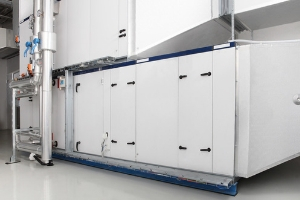 Your HVAC system has two parts to it – one part is outdoors and one part that is indoors. The indoor unit is your air handler. When it’s matched up with your heat pump, this is what circulates your hot and cold air, based on what season it is.
Your HVAC system has two parts to it – one part is outdoors and one part that is indoors. The indoor unit is your air handler. When it’s matched up with your heat pump, this is what circulates your hot and cold air, based on what season it is.
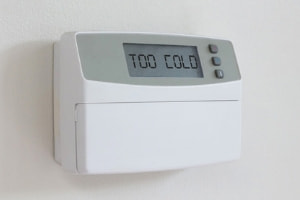 A lot can happen to your heater to make it lose efficiency, or even stop working altogether. Dirt and debris buildup in the flue and air filters.
A lot can happen to your heater to make it lose efficiency, or even stop working altogether. Dirt and debris buildup in the flue and air filters. Replace air filters regularly. Doing this will not only help your system run at its peak, but it can also reduce the need for costly repairs if the motor overheats.
Replace air filters regularly. Doing this will not only help your system run at its peak, but it can also reduce the need for costly repairs if the motor overheats. Service plans extend the life of HVAC units and save money. But, not all service plans are the same. When looking for a service plan, it's important to find a professional company that has the long term interest of your home in mind.
Service plans extend the life of HVAC units and save money. But, not all service plans are the same. When looking for a service plan, it's important to find a professional company that has the long term interest of your home in mind.
 The first step to becoming an HVAC technician is getting the training you need. For most entry-level technicians this will start by entering a trade school that offers a program in HVAC.
The first step to becoming an HVAC technician is getting the training you need. For most entry-level technicians this will start by entering a trade school that offers a program in HVAC.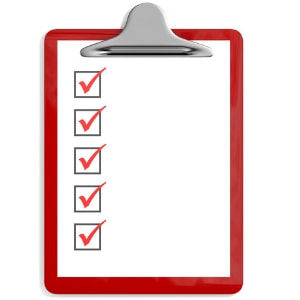 Starting out, any HVAC technician should always have:
Starting out, any HVAC technician should always have: Even after you’ve been in the industry for some time, you’re going to need to continue your education in order to keep your license in good standing.
Even after you’ve been in the industry for some time, you’re going to need to continue your education in order to keep your license in good standing.
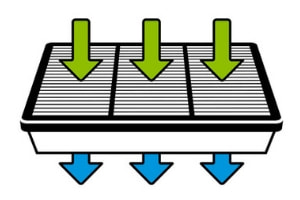 Furnaces- create heat through combustion and powered by electricity, oil, or gas.
Furnaces- create heat through combustion and powered by electricity, oil, or gas. It might sound like a great idea to close off vents to help control the amount of heat in a room. Unfortunately, this idea is quite opposite of ‘good.’
It might sound like a great idea to close off vents to help control the amount of heat in a room. Unfortunately, this idea is quite opposite of ‘good.’ When you are trying to save money on your heating expenses this winter, there are a few steps that you can take to see great results.
When you are trying to save money on your heating expenses this winter, there are a few steps that you can take to see great results.
